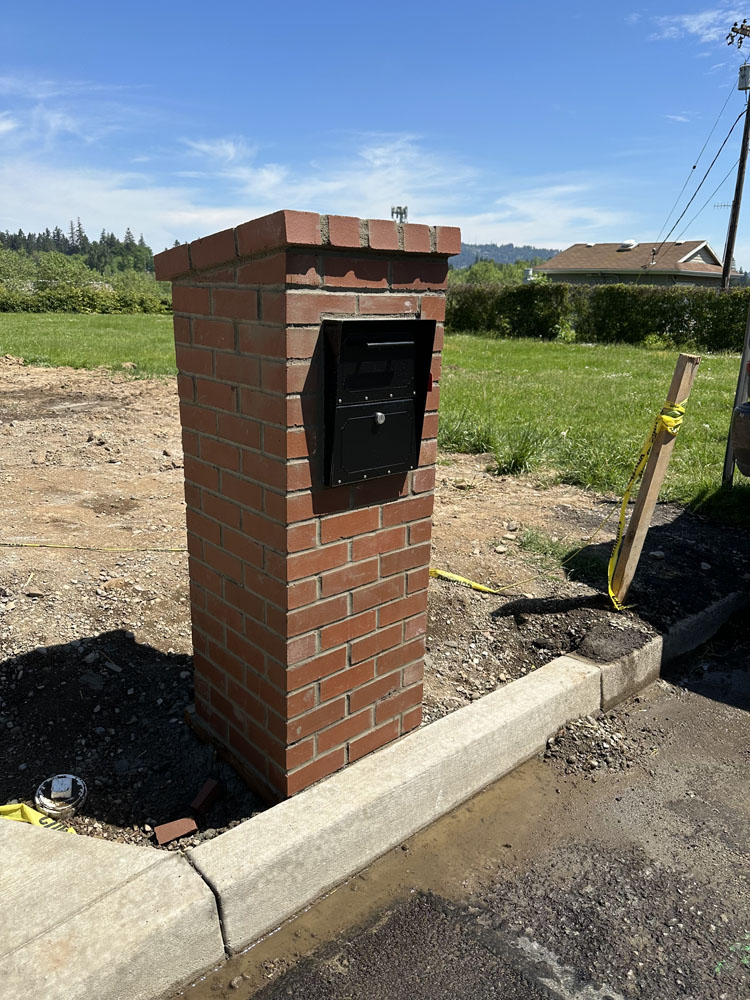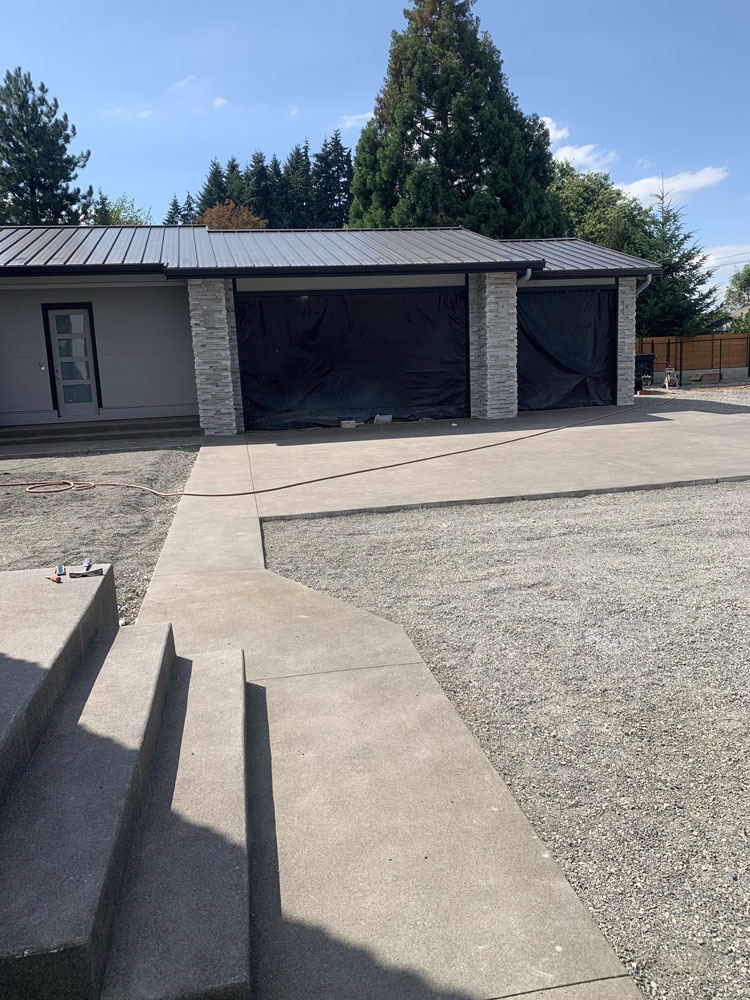Natural stones have captivated humankind for centuries. They are not only aesthetically pleasing but also durable and versatile, making them a popular choice in construction. From majestic castles to modern skyscrapers, natural stones serve as a foundation for beautiful architecture. In this comprehensive guide, we will explore the various types of natural stones used in construction, their properties, applications, and the essential role of masonry contractors in bringing these materials to life.
Understanding Different Types of Natural Stones Used in Construction
When diving into the world of natural stones, one might wonder: What makes them so special? Natural stones are formed through geological processes over millions of years. Their unique characteristics—like color, texture, and strength—are influenced by their mineral composition and origin.

1. The Importance of Natural Stones in Construction
Natural stones are not just building materials; they tell a story of the Earth’s history. They provide a sense of permanence and authenticity that man-made materials often lack. Here’s why they matter:
- Durability: Natural stones are incredibly resilient to weathering, making them ideal for both interior and exterior applications. Aesthetic Appeal: With a variety of colors and textures available, natural stones can enhance any design. Sustainability: Being a naturally occurring resource, many types of stone have low environmental impact when sourced responsibly.
2. Common Types of Natural Stones Used in Construction
2.1 Granite
Granite is one of the most popular choices among masonry contractors due to its impressive durability and aesthetic appeal.
- Characteristics: Hardness, scratch resistance, and availability in various colors. Applications: Ideal for countertops, flooring, and wall cladding.
2.2 Marble
Marble’s timeless elegance makes it a favorite for high-end projects.
- Characteristics: Luxurious appearance with veining patterns; softer than granite. Applications: Commonly used in bathrooms, flooring, and decorative features.
2.3 Limestone
Limestone is widely appreciated for its versatility.
- Characteristics: Soft rock that can be easily cut; available in neutral tones. Applications: Suitable for facades, flooring, and landscaping features.
2.4 Slate
Slate is known for its unique texture and color variations.
- Characteristics: Durable with excellent slip resistance; can be split into thin sheets. Applications: Often used for roofing tiles and outdoor patios.
2.5 Sandstone
Sandstone provides warm tones that blend well with nature.
- Characteristics: Porous but manageable; comes in various colors. Applications: Perfect for garden paths and retaining walls.
3. The Role of Masonry Contractors in Utilizing Natural Stones
Masonry contractors play an integral role when it comes to working with natural stones. But what exactly do they do?
Masonry contractors specialize in constructing structures using stone or brick materials. They possess the skills necessary to handle heavy stone blocks while ensuring quality workmanship throughout the project lifecycle.
3.1 Skills Required by Masonry Contractors
The art of masonry involves precision and craftsmanship:
- Knowledge about different types of stones Ability to read blueprints Expertise in mixing mortar
4. Factors to Consider When Choosing Natural Stone
Choosing the right type of natural stone isn’t always straightforward; several factors come into play:
4.1 Climate Considerations
Different stones react differently to various climates:

| Stone Type | Best Climate | |------------|--------------| | Granite | All climates | | Marble | Moderate climates | | Slate | Wet climates |
4.2 Aesthetic Preferences
What look are you going for? Matching your design vision with the right stone is essential!
5. Maintenance Tips for Natural Stone Surfaces
Natural stones require specific care to maintain their beauty:
5.1 Regular Cleaning
Use mild soap and water; avoid harsh chemicals that can damage surfaces.
5.2 Sealing Stones Regularly
Applying sealant can protect your stone from stains and moisture absorption.
6. Cost Considerations When Using Natural Stones
Natural stones vary significantly in cost based on availability and quarrying conditions:

6.1 Budgeting Tips
While it's important to stay within budget, consider investing more upfront for high-quality materials that last longer.
7. Frequently Asked Questions (FAQs)
7.1 What is the most durable type of natural stone?
Granite is widely recognized as one of the most durable types due to its hardness.
7.2 Can marble be used outdoors?
Although marble can be used outdoors, it requires careful consideration due to potential staining from weather elements.
7.3 Is limestone suitable for wet areas?
Limestone is more porous than other options; therefore it may not be ideal for continuously wet areas without proper sealing.
7.4 How do I choose between granite or quartzite?
Both materials offer durability but granite has more color variations while quartzite boasts greater hardness—choose based on your design preference!
7.5 What should I ask my masonry contractor?
Inquire about their experience with specific stone types as well as their portfolio showcasing previous projects.
7.6 Are there sustainable options when choosing natural stone?
Yes! Many quarries practice sustainable extraction methods—research local sources to ensure responsible sourcing.
Conclusion
In summary, understanding different types of natural stones used in construction is vital for anyone considering a building project involving masonry work or renovation efforts using these stunning materials! Each type offers unique masonry contractor characteristics that cater to diverse architectural styles while enhancing both aesthetic appeal & functionality! Partnering with experienced masonry contractors ensures skilled handling throughout your project lifecycle!
Now that you're armed with knowledge about various types & applications—why not explore incorporating these magnificent materials into your next project?
This article covers a broad overview while emphasizing key aspects relevant to understanding different types of natural stones utilized within construction environments! The integration provides valuable insights alongside practical considerations—it’s time you delve deeper into how each stone can elevate your vision!